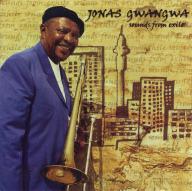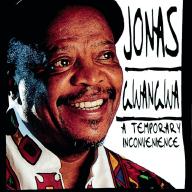Gwangwa was one of many talented musicians mentored by South African alto saxophonist Kippie Moeketsi in the early '50s. Following the disbanding of the Jazz Epistles in 1959, Gwangwa continued to make his presence known among South Africa's jazz enthusiasts. His fame spread to the United States in the mid-'60s. In 1965, Gwangwa was featured in a Sound of Africa concert at Carnegie Hall, sharing the stage with Miriam Makeba, Hugh Masekela, and Letta Mbulu. Two years later, he returned to the United States to participate in a national tour The Main Event, featuring Masekela and Herb Alpert. Despite his hefty reputation, Gwangwa remained a victim of apartheid. When the South African government passed laws making it illegal for blacks to congregate in the early '70s, he left his homeland.
After touring Europe in a musical production of King Kong, Gwangwa continued on to the United States, where he attended the Manhattan School of Music in New York. With the encouragement and patronage of Harry Belafonte, he was able to successfully break through to American audiences. Continuing to break new ground as a composer and arranger, Gwangwa served ten years as musical director of the ANC cultural ensemble tour Amandla. In 1987 and 1988, he collaborated with George Fenton to compose the score for the Richard Attenborough film Cry Freedom. In addition to being nominated for Oscar, Grammy, and Golden Globe awards, the film received Ivor Novello and Black Emmy awards. Gwangwa returned to South Africa in 1991 and continued to write and record, releasing the albums A Temporary Inconvenience in 2000 and Flowers of the Nation in 2006. Jonas Gwangwa died on January 23, 2021 at the age of 83. ~ Craig Harris, Rovi














